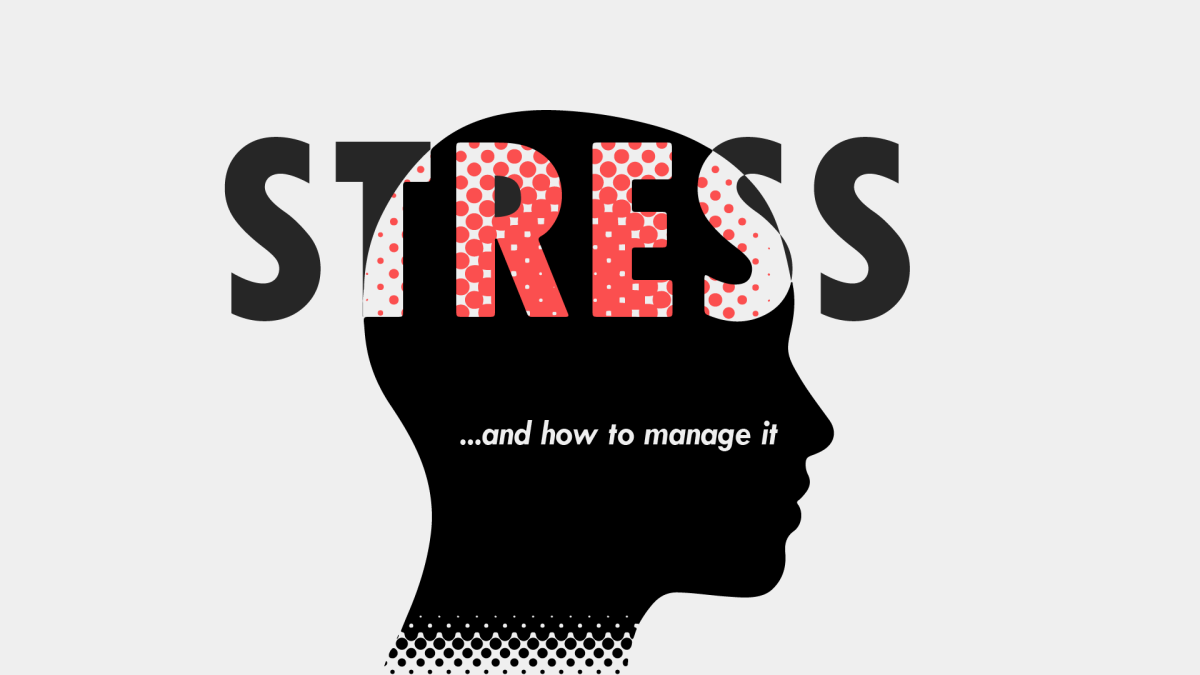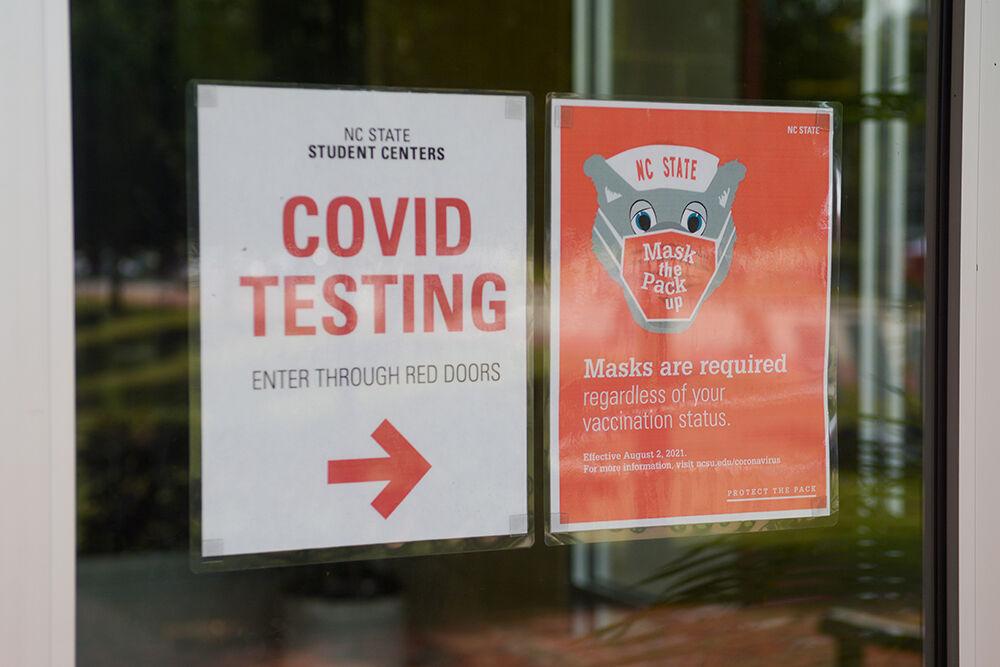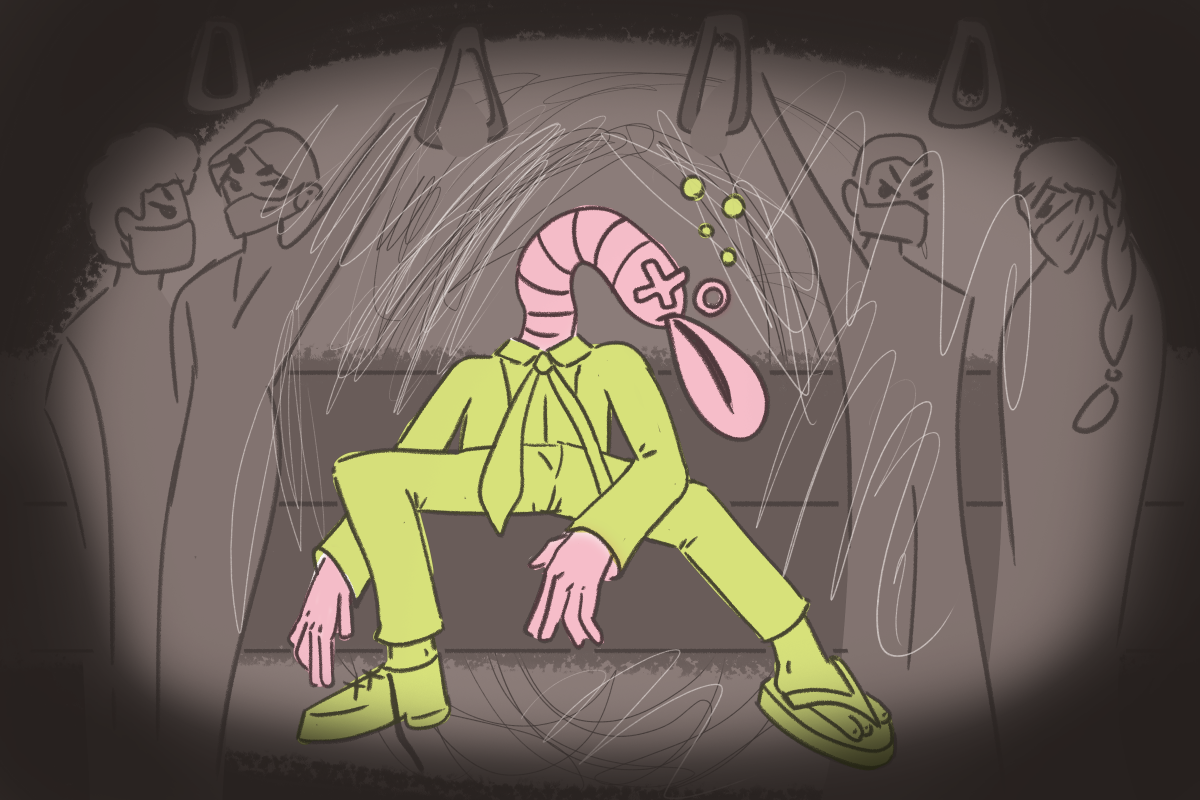The displacement of college students across the United States has given rise to new interpersonal struggles among households and relationships. With the uncertainty of the current pandemic comes new challenges for students, including stress, isolation and anxiety. Moving forward, it’s important to understand the root cause of these issues in order to create a healthier life.
Shevaun Neupert, an NC State psychology professor who has published extensive research on stress and coping, said the need to adjust to new environments during the pandemic has brought a new level of stress that varies among age groups. She noted young people have experienced more anxiety during the pandemic, with much of it being attributed to interpersonal stressors, such as disagreements and relational tension.
Neupert further explained that much of the anxiety stems from a lack of control in stressful situations, which ultimately leads to detrimental thinking and behavior.
“The sentiment of believing you can achieve your goals illustrates a strong sense of control,” Neupert said. “However, what we’ve seen is that when young people feel like they have no control in the midst of stressful encounters, you see an increase in negative moods and physical health problems.”
Another stress-related symptom students face is loneliness, which can be a result of quarantining and working from home. Laura Widman, an NC State psychology professor and human sexuality researcher, explained that many people are feeling the effects of social isolation as well as the natural desire for relationships, sex and support.
“For young adults who are used to going out to bars and parties, to all of a sudden being told they need to stay at home with their parents can be challenging,” Widman said “The pandemic is changing sex and relationships in the sense of what kind of extra precautions you might need to take into consideration.”
Despite social-distancing restrictions, many students still feel the need for physical, in-person encounters as a form of relief from loneliness. Widman explained some people may be willing to risk their safety based on their hunger for social interaction.
“If the risk of getting sick or getting someone else sick is not as big as the reward of connection and intimacy, then people make trade-offs, and they justify their behavior by saying they’re young and that they should be meeting people,” Widman said. “From a public-health standpoint, it’s very risky, but from a need for intimacy standpoint, it can make sense.”
With the prevalence of these stress-related issues comes a need for healthy coping mechanisms. Neupert explained many people are being forced to use new coping strategies during this period of the pandemic.
“It’s probably normal to feel even more stressed than you usually are,” Neupert said. “For many people, the tools they’ve been using their whole lives have suddenly stopped working like they should. The ways in which people have built their toolboxes to cope with stress are being challenged right now.”
Neupert said there is a method for limiting stress that can be found in the results of one of her studies. The results showed that older people deal with stress better through proactive coping. Through this method, people can regain a sense of perceived control, which ultimately reduces negative symptoms such as anxiety and loneliness.
“Proactive coping is a really powerful tool, in which people can try to plan ahead so that there’s less they actually need to deal with when they encounter future stressors,” Neupert said. “In a sense, you’re blazing the trail, making sure what you encounter is more minor, or avoidable completely. It’s an effective kind of coping mechanism with real benefits to it.”
According to Neupert, interpersonal stressors are inevitable, but there are still new ways of coping with them once the root causes are realized.
“I’m encouraging people to understand that now is the time to change it up,” Neupert said. “Find a healthy way of coping that maybe you’re not used to and see if it could work. If it doesn’t work, then try something else.”


















